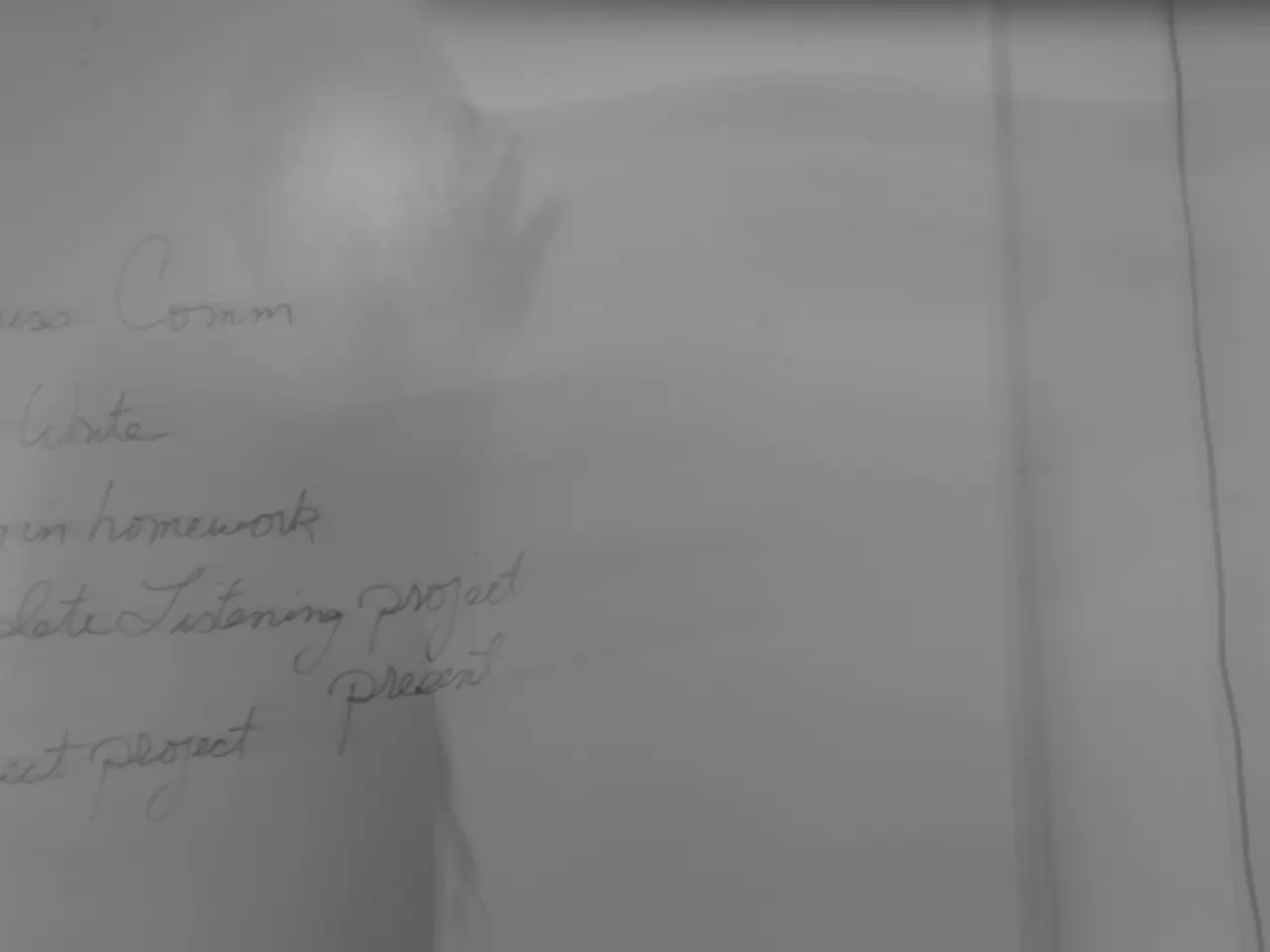Tariff Implementation Imminent: Treasury Secretary Announces No Deal, August Deadline - Tariffs Imposed: No Deal Reached, Punitive Measures to Activate in August by US Treasury
The US-EU trade dispute is currently in a critical phase, with both parties engaged in intense negotiations to avoid a significant escalation in tariffs. The key points of the ongoing discussions are as follows.
The US, under President Donald Trump, has threatened to impose **50% tariffs on EU imports** starting **July 9, 2025**, if no trade deal is reached by then[1][3]. This threat has put considerable pressure on both sides to negotiate a resolution.
After weeks of difficult talks, the European Commission and the US administration have begun negotiations in mid-June 2025. Initially, the EU proposed a zero-tariff agreement on industrial products and offered to buy strategic goods such as US liquefied natural gas. However, the emerging compromise appears likely to settle on a **baseline 10% tariff on EU imports** instead of zero tariffs[1][2].
Sector-specific relief is still under discussion, particularly for automobiles and aerospace, where production lines are tightly integrated across the Atlantic. The US currently charges 25% tariffs on EU cars and 50% on steel and aluminum. The EU hopes to negotiate tariff reductions in these sensitive industries[2].
Member states within the EU are divided on the deal’s acceptability. Germany and Italy reportedly favor the 10% baseline tariff arrangement, while France and Ireland remain skeptical, calling for compensation measures if 10% tariffs remain in place. French President Emmanuel Macron emphasized that retaliatory levies should match US tariffs, i.e., "10% for 10%" or equivalent compensation[1].
Besides industrial goods, the US has also threatened **17% tariffs on EU agricultural exports**, adding another layer of tension shortly before deadlines for agreements[4].
The EU trade representatives aim to reach a **basic "headline" deal by early July 2025**—a shorter, politically focused agreement that could be the foundation for future, more detailed sectoral negotiations[1].
US Treasury Secretary Steven Mnuchin, in a CNN interview on Sunday, stated that the US government's strategy is to apply maximum pressure[5]. He also mentioned that "several significant announcements" are expected in the coming days[6].
Negotiations between EU and USA negotiators took place over the weekend, with US Trade Representative Robert Lighthizer and European Union Trade Commissioner Phil Hogan leading the talks[7].
Trump announced plans to inform trading partners about the tariffs via letter on Thursday[8]. If expedited, things can be resolved before August, and a reversion to the original tariff rate is possible[6].
Reports suggest the tariffs will range between 10 and 70 percent[9]. So far, the US government has only announced agreements with the UK and Vietnam[10]. European Union representatives have praised Mnuchin for his role in negotiations, stating that progress is being made[11].
As the July 9 deadline approaches, both parties are working diligently to reach an agreement that balances economic interests and political pressures. The outcome remains uncertain, but ongoing dialogue is expected to continue addressing specific industry concerns and potentially agricultural tariffs[1][2][4].
Scott Bessent, the US Secretary of the Treasury, talked about the ongoing customs dispute between the US and the EU, mentioning that significant announcements are expected in the coming days, possibly providing a step towards resolving the dispute by the deadline in August [5][6]. The negotiations between the US and EU are not limited to industrial products, as the US has also threatened 17% tariffs on EU agricultural exports, adding another layer of complexity to the business, finance, and politics of this general-news story [4].




